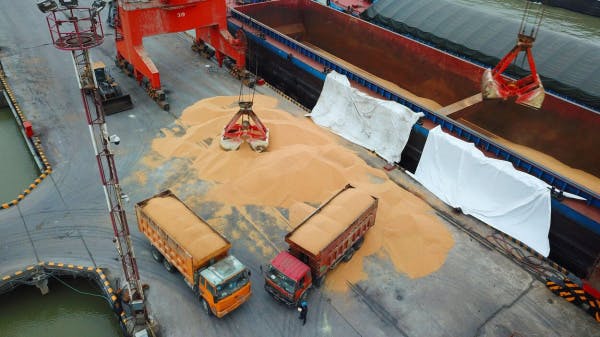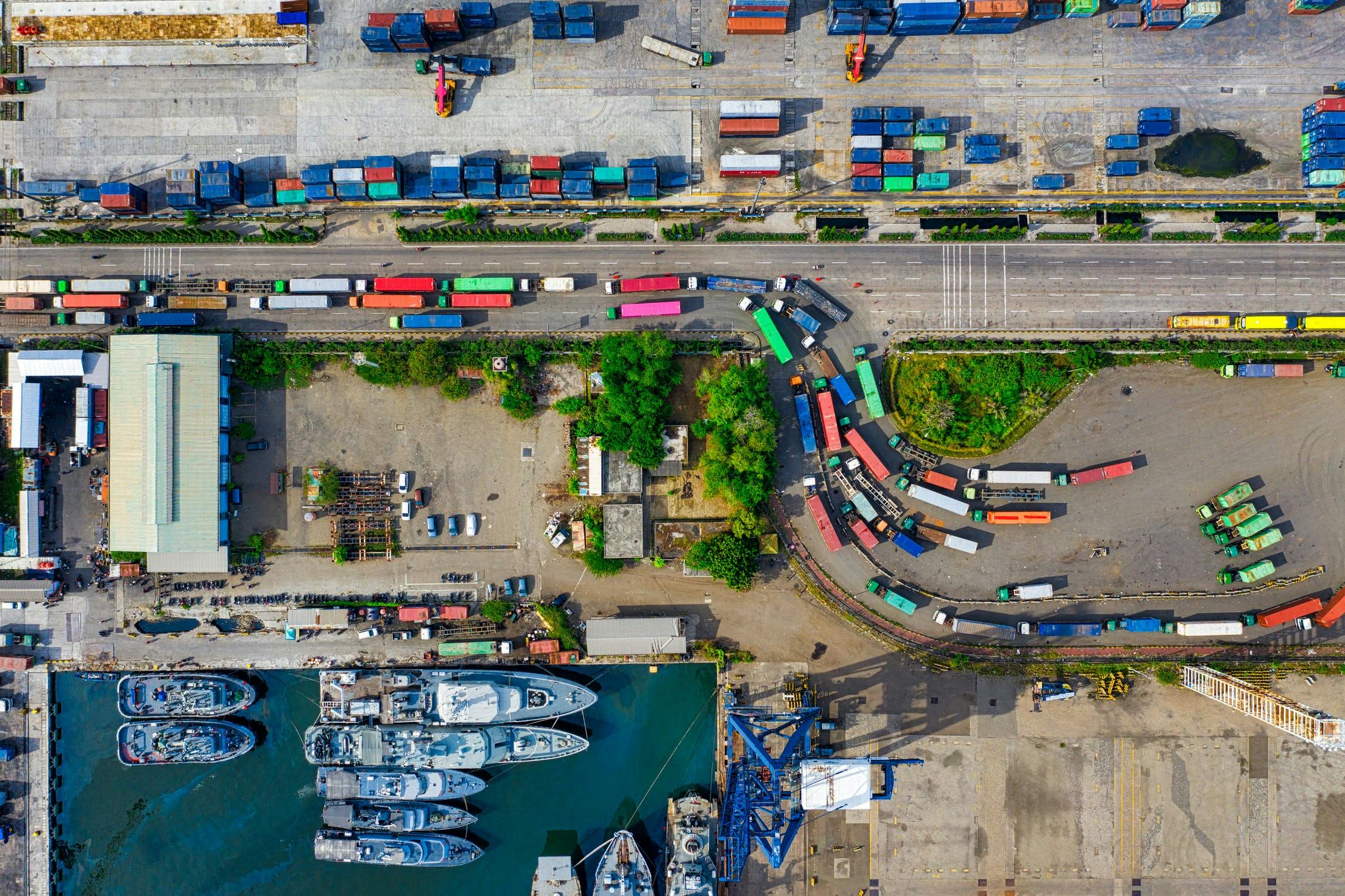GRAPE 2: A narrow path for EU agri-food mirror measures?
The European Union’s (EU) ambition to make agri-food production more sustainable includes the promotion of a global green transition. International trade should contribute to advancing the transformation of food systems. As the inclusion of sustainability standards in bilateral trade agreements entails trade-offs and might not deliver the desired outcome in a reasonable timeframe, the option of acting unilaterally has increasingly taken the spotlight in the EU and is one of the priorities on the French Presidency of the Council’s agenda. The aim is to ensure that imported agricultural and food products comply with relevant EU sustainability requirements via ‘mirror measures’. An advantage of this form of action is that it does not require consent from EU trading partners.
However, the concept of mirror provisions has raised concerns. The risk of creating new obstacles to trade and the many legal uncertainties of compliance with international trade rules have been highlighted. It has become clear that a better understanding of the international rules that govern EU action in this regard is necessary.
This paper also provides an outlook on the political way forward. We highlight that effective border control and market surveillance by national authorities will be essential to ensure that imports comply with EU rules. Control of compliance of product standards is much easier (i.e., for food safety and health matters) than production standards, which cannot be measured in the final product. Checks and controls should furthermore be considered as a cumulative responsibility along the whole supply chain, notably through certification and due diligence obligations for the placing on the market.
In addition, any comprehensive EU ambition to raise standards for agri-food imports should be accompanied by corresponding action at the international level. Increased unilateral action is very likely to cause discontent amongst EU trading partners and can only be but one step in the EU’s overall effort to advance sustainability in agri-food production, not only in the EU, but also globally. While fora exist for specific aspects of agri-food production and trade, their respective mandate is limited, and there is no forum with the express purpose of discussing agricultural and food production sustainability with a holistic view of its impact on the environment, ecosystems and natural resource use . The matters at stake are of common concern. Internationally agreed standards and procedures are necessary to assess the environmental impacts of global food production, to support sustainable farming and food production worldwide, and to find a better balance between trade openness and the promotion of sustainability objectives in international trade.








